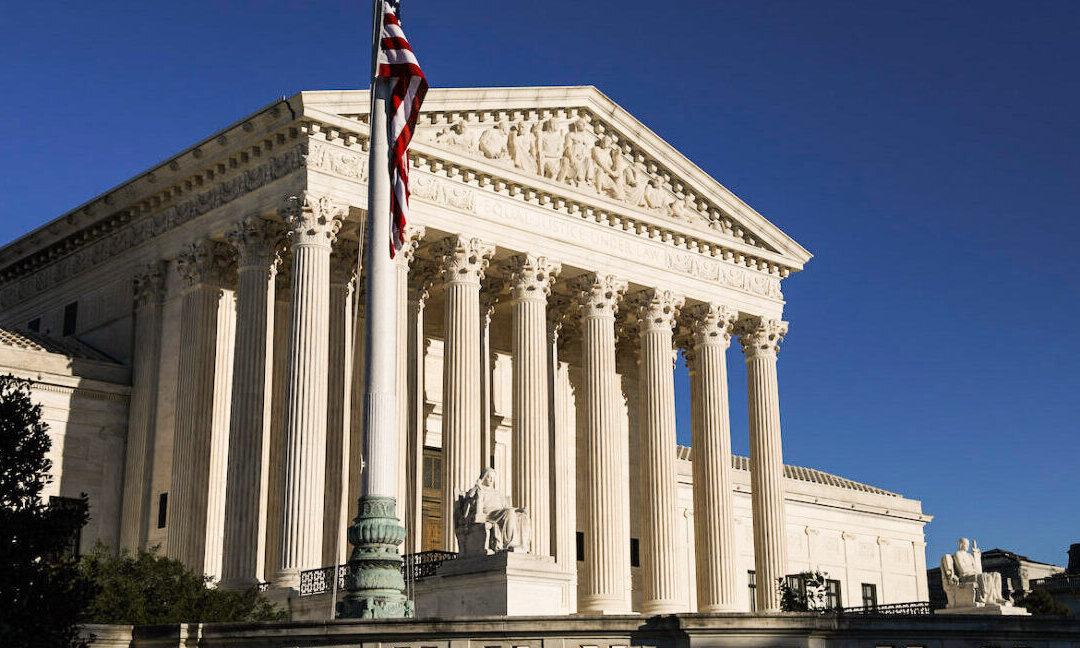The Supreme Court appears poised to rule against two Biden administration COVID-19 vaccine mandates but will likely do so in a limited way, a lawyer who brought a case against the mandates says.
“I believe that on the federal vaccine mandates, the Supreme Court is going to land on a very limited position that just looks at the text of the federal statute to say this statute does not give the Biden administration the authority to do this,” Robert Henneke, executive director and general counsel at the Texas Public Policy Foundation, told EpochTV’s “American Thought Leaders“ program. The full interview will premiere on Epoch TV on Thurs, Jan 13, at 7pm ET.






